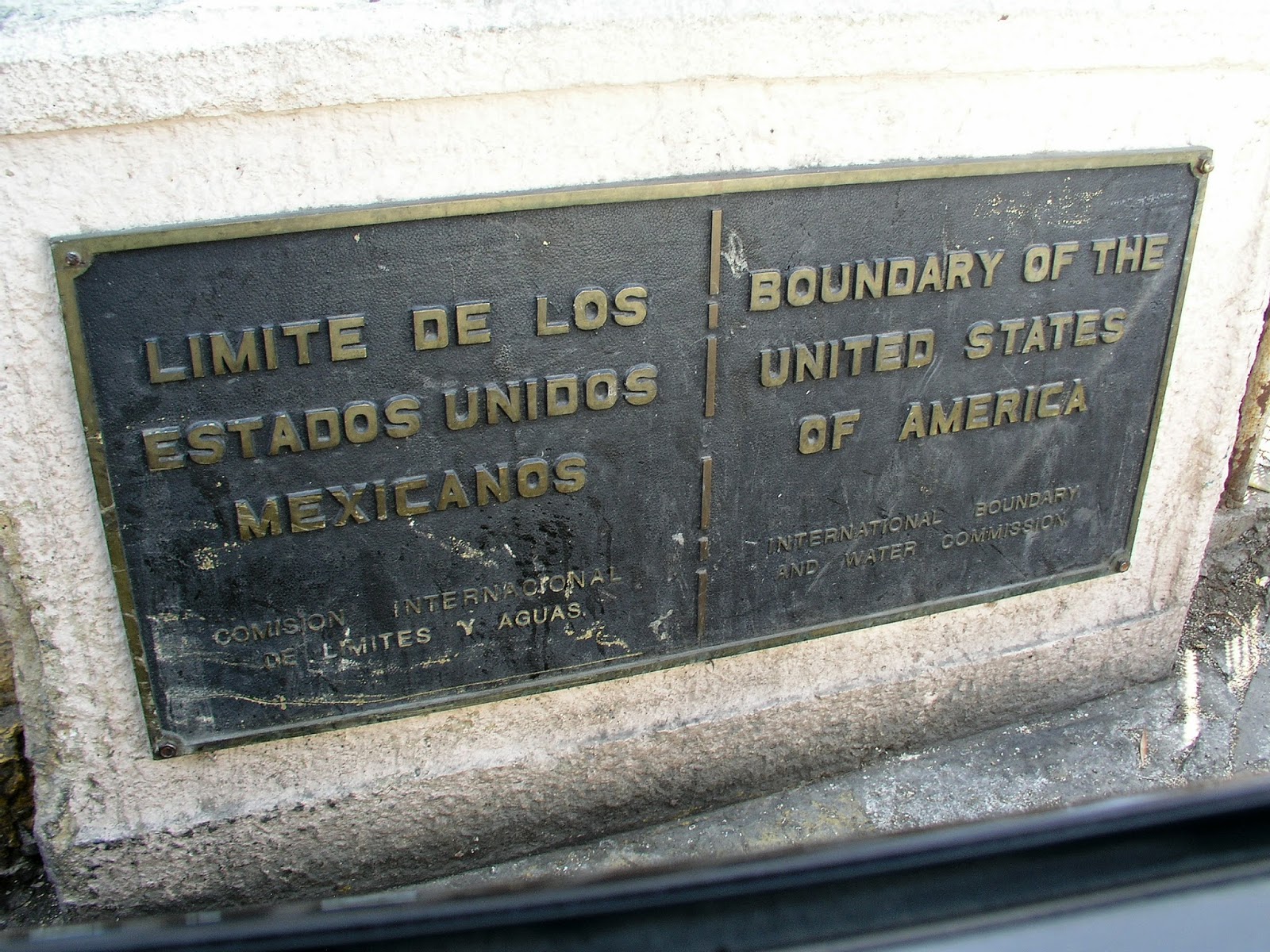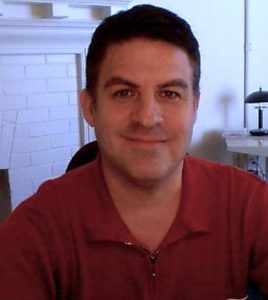
They thought that he was the son of a mayor, and for that he was shot. And lived.
They still shoot people a century later for such things.
I’ve been watching the refugee crisis, with children from Central America at the borders with no small degree of horror.
While I’m deeply disturbed by so many things that pass me by on the news, on social media and the like, this makes me squirm with a unique form of unease and discomfort, because it is really my own, my family’s story. It is our story, unfolding in the form of children fleeing increasing pressure in their home countries to serve local drug cartels, at the point of guns, knives and bullets, as their loved ones and neighbors are butchered before their eyes.
In short, they seek refuge. From bullets and knives. Something that no 8 year old should ever have to see.
They witness bullets causing neighbors to fall before them as they run. Bullets so very much like the one that landed in the limb of my grandfather, a century ago. Also a refugee who once fled a similar place of violence.
The current refugee crisis, and the breadth of reactions to it from across a broad spectrum of thought about how best to handle “the problem” haunts me – my deep discomfort coming by way of knowing that the story surrounding the plight of these innocents runs through my own veins. My own privileged veins, two generations removed from this special breed of Hell.
My maternal grandfather was given the name “Crescencio” (which in English means “one who increases in virtue”) when he was born in the Spring of 1893. It was an apt denomer for the second of 4 surviving siblings orphaned in the city of Tomatlán, Jalisco, Mexico (between Puerto Vallarta and Guadalajara) at the turn of the 20th century. Family history maintains that he was taken in as an orphan under the care of a local Catholic parish. He was reunited with his siblings in Los Angeles in about 1926. He never spoke of it to us, his grandchildren. But his eldest daughter (my Aunt, who helped take care of us growing up), relayed the story of his fleeing Mexico for refuge at the US border prior to that time.
Upon his arrival, immigration laws were very different. My Grandpa… mi abuelo…was allowed ready entry to work, first in Arizona in agricultural fields, and later on railroad projects (taking him as far off as Wyoming), and again, into the California’s Central Valley. He later went on to work in a laundromat, a bakery, and ultimately establish a successful pottery and concrete business (one which, almost a century later, still operates in Southern California).
What sent my grandfather to a place of refuge at the U.S. border? At that time, as is true now, it was a merciless gang of thugs. Then equivalent to the drug cartels of today, only now they’re escalating their charge to force children, in unbelievably horrific and murderous ways, into their servitude.
In the 1920s, Grandpa was sent away by a bullet, lodged in his leg. He fled for safety then, as these children are doing now. He took that bullet, and survived a rampage by men working at the behest of Pancho Villa, who mistook him for the son of a mayor of the town in which he lived. A target, apparently, on the wrong side of that gulag posse.
The bullet remained in Grandpa’s leg until it was removed, in the 1930s in a Los Angeles hospital, after it had grown infected. It was removed in the country that had given him refuge. I wonder if today, he’d have instead long been sent back to the village that he narrowly escaped with his life, to meet whatever fate might have awaited him there. I wonder if it were today, were he a child with a bullet lodged in his leg instead of the young adult that he was at the time, if people would chant “send him back” as he was detained in a holding cell for a most heinous act: fleeing Hell on earth to safety, driven there by the desire to be given half of a chance at a better life. Indeed, to be given a chance to live at all.
I know of several who’ve adopted children from other countries, under various circumstances, and raised them in US states. They’ve raised their children to be good, ethical, compassionate, and upstanding AMERICANS. Valuing life and liberty, and the pursuit of any form of happiness resolutely denied those fleeing to our borders. Yes, the children who I know were adopted to good and loving homes, and they’ve been raised to at least talk (if not always look) like you, and me.
I wonder whether my friends have ever stopped to consider what drove their children’s biological parents to place their flesh and blood up for adoption. What political or economic conditions existed in those far off places, and whether they too now join in with the chants. Whether they consider that they’re turning a blind eye to even beginning to try to understand what horrors drove a mother or father to send a child away, should a child be so lucky to have parents who are alive to seek a safe place for them.
I wonder, and I look on at what’s happening, listen to what Americans are saying, with these thoughts in my mind. I wonder how his story would play out today, in the form of a child.
Yes, I wonder, and I look on.
I look on and am thankful that I knew, loved and called a man “Abuelo” who once sought a not-so-dissimilar sort of refuge.
The mistaken surrogate for a mayor’s son, who received that sanctuary in the country in which I, and all of his descendants, were since born and raised.
Mi abuelo, who in time was blessed enough to be allowed to call this place of refuge “home”.
[box type=”bio”]
 KENNY PIERCE, a native of Southern California, came out in 1985 as the AIDS epidemic raged around him, both in Los Angeles and in San Francisco.
KENNY PIERCE, a native of Southern California, came out in 1985 as the AIDS epidemic raged around him, both in Los Angeles and in San Francisco.
“I am passionate about emergent theology and interfaith dialog. My greater interest lies in sharing what I (and others) learned in those formative years, to build bridges between rapidly-changing faith communities and the earlier generation of survivors, families and friends affected by the AIDS plague.
“I feel strongly that the Church needs to acknowledge and work to address the alienation and disillusionment inherited by the current generation of affirming people of faith, who may not understand the implications of the past social, political and religious dynamics through which their uncles, aunts and parents lived.
“It is my hope that residual feelings of betrayal and silence during the “gay genocide” in those earliest years of HIV/AIDS be circumvented, and someday don’t fatally color the perception of all of Christianity among its survivors. Our earliest mandates — pacifism, social justice and compassion — are the universal key to unlocking the heart of our work in this world.”
Kenny lives in Toronto, Ontario, Canada. Follow him on Twitter and on his blog, Tangentials.
[/box]


